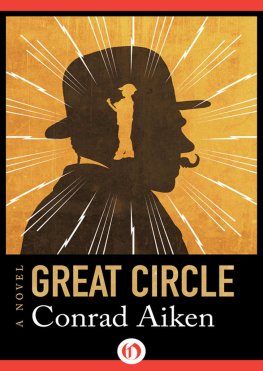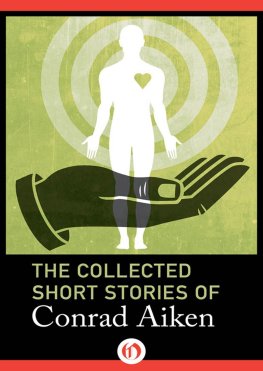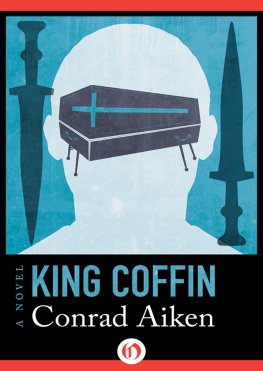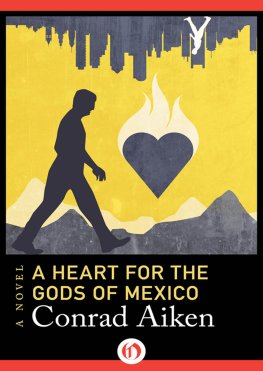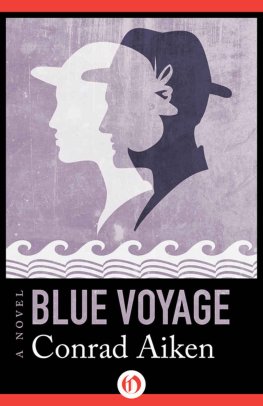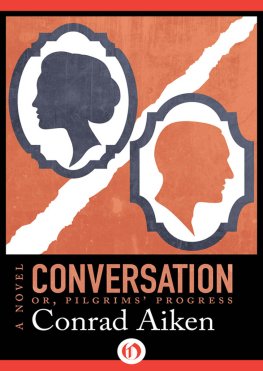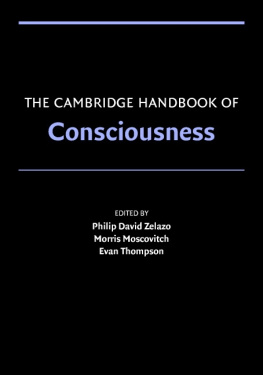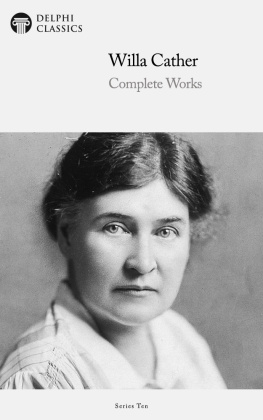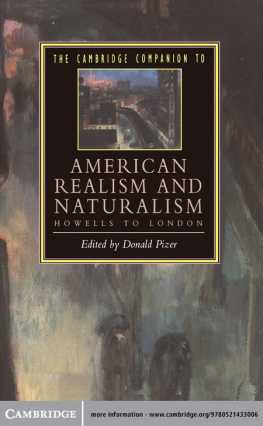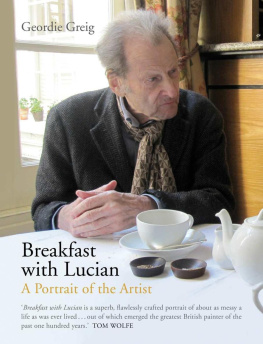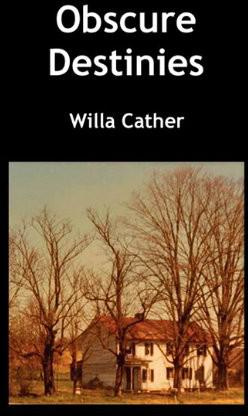O frantick, fond, pathetique passion!
Ist possible such sensuall action
Should clip the wings of contemplation?
O can it be the spirits function,
The soule, not subject to dimension,
Should be made slave to reprehension
Of crafty natures paint? Fie! can our soule
Be underling to such a vile controule?
JOHN MARSTON: The Scourge of Villanie
Why be in such a hurry, old fool? What good is hurry going to do you? Wrap yourself in a thick gauze of delay and confusion, like the spider; hang there, like the spider, aware of time only as the rock is aware of time; let your days be as leisurely and profound as months, serene as the blue spaces of sky between clouds; your flies will come to you in due season. Must you always be running desperately from minute to minute? Have you such an appetite for action? Have you such a passion for decisions? Must you always be snatching your hat from its peg in Shepard Hall, Shepard Street, Cambridge, Mass., and rushing out to an encounter with some one, with any one, with every one? Must you forever be listening for the telephone to ring, or the doorbell; hoping that it will be Floyd, with news of a wild party; or Celia, who wants you to dance with her at the Brunswick; or Bert, drunk, with a new poem which he is frantic to read to you; or a total stranger with the keys to hell? By all means accept the invitation to hell, should it come. It will not take you far from Cambridge to hell is only a step; or at most a hop, skip, and jump. But now you are evading you are dodging the issue. You do not really desire to drink with Floyd at a wild party, nor to hear Berts poem, nor to dance hieratically with Celia in the Egyptian room; you do not even desire to go to hell with a total stranger, for, after all, Cambridge is hell enough. What you really desire is the simple finality of action, or of decision; you have yet to learn the most elementary facts about life. And what, my dear Andrew Cather, are the elementary facts of life? Why, you poor idiot, you know them perfectly well, or you ought to, at thirty-eight. Permit yourself to be sifted by time, slowly, be passive wait. Learn to rot gently, like the earth: it is only a natural rot that is creative. The least violence, the least hurry, the least eagerness for action or decision, the least forcing of the issue!
Damn blast putrefaction.
The tendency of his thought becoming unbearable, he jumped up, snatched his ticket from the window sill beside the Pullman chair, and bolted toward the smoking car. A pale girl reading a magazine listlessly, her knees crossed under green satin: she looked up at him with wan evocation. She was bored, she wanted to talk to some one, her reading of the magazine was only a pretense. Too bad, darling but Im afraid it cant be easily enough managed. The conductor, in a chair at the end of the car, counting tickets and making notes with a pencil. The green curtains over the mens room awry, and a fleeting vision of a sad salesman, cigar in hand, who stared uncomprehendingly at the sliding Rhode Island landscape. His suitcase, cracked at one seam, stood on the black-leather settee. Poor devil on his way back to Boston, from Bridgeport, defeated; the other salesmen had been before him. He was cursing the trees, the hills, the wind, the infrequent drops of rain that grazed the windows, leaving chains of fine beads; he was cursing them without seeing them. Then the corridor between cars, swaying violently, knocking and bumping, with the little iron stepping-stone which was always to be avoided by the wary foot: it creaked and sidled. He stepped over it, smiling, and entered the smoking car. The familiar smell of soot and tobacco smoke, of stuffy plush and foul spittoons garboons! arched his nostrils: he felt more masculine, and more at home, as he chose a chair in which was a newspaper.
The Premier of France was ill. The boxing commission of New York had disqualified Zylenski. Prices were lower on the big board, owing to the usual week-end profit-taking. The President had received a committee of boy scouts: photograph of a weary handshake. Miss Dolores Vargas, new star of the talkies, was said by her friends to be engaged to a prominent Chicago banker: photograph of Dolores waving a handkerchief from the rear platform of a train. The Maroons had beaten the Bruins in overtime. The boll-weevil was moving north, a drought in the east Sierras was causing serious alarm about the water-supply in Nevada, Oswald Morphy, well-known author, was dead, Klenkor would remove corns and bunions quickly and painlessly in two or three applications. And the murderer of Jennie Despard, Providence schoolteacher, had not yet been apprehended. An automobile salesman was missing from his home in Putnam, and while the police authorities declined to state that they connected this in any way with the murder, they admitted that they were anxious to ascertain his whereabouts. Mark Friedman. A married man with two children: his wife was prostrated. Best of luck to you, Mark: youll need it. And she probably deserved it, too though was it entirely necessary to do it with a hammer? Still, there is no accounting for tastes. The poor man might have been in a hurry.
Hurry hurry hurry everything was hurrying. The train was hurrying. The world was hurrying. The landscape was hurrying. The wheels rushed blindly over the rails, over the joints, over the switches: rat-te-tat-te-tattle-te-tat-te-tump-te-tattle-te-tee. The locomotive driver, or the fireman (it was probably the fireman), was obsessed with the panic of speed, and blew prolongedly and repeatedly on the whistle. Scarcely a minute was left unpunctuated by the moan of the whistle. Horses in twilight-brown pastures threw up their tails and galloped away for a moment, turning alarmed heads. Birds darted in clouds, zigzag, off wires, swooped, circled, glided to rest again. The whole world, it seemed, was to be made conscious of the important hurry of the train. For wasnt this train, this Knickerbocker Limited, like everything else a consummation of eons of evolution? Wasnt it the categorical imperative? It was achieving its terrific destiny. Like the daisy in the field, or the honeysuckle, or the hummingbird, or the fungus, it was pushing its way blindly and terribly to its end. Nothing could stop it. Nothing? And here was himself also, Andrew Cather, hurrying from point to point on the earths surface, describing his swift little arc: and all these things were a part of him, a symbol for him. Here was this eternal rush, of which the external speed was merely an index, a portent, of the internal panic. Panic! God forbid. Was it anything so bad as panic? Must one always be taking things so seriously? Must this fever in his brain be forever urging him to a passion for consummations?
Calm yourself, old fool. Survey this row of dead faces opposite you: these hard business men, these watchers of ticker tape, these casters of balances, these signers of important letters and foreclosers of mortgages. Do they allow themselves to be rushed into decisions? Do they walk at midnight, hatless, in a rain, plopping through puddles, because of a secret anguish in the heart? When their offices are closed for the day, and the stenographers are gone, and everything is quiet, do they stretch themselves on the floor in paroxysms of weeping? Absurd. They have no hearts. Or if they have, they have learned the secret of the granite: they are silent, they wait, they fall instinctively into the slow rhythm of the stars, everything at last comes to them. But you, you poor idiot, you simulacrum of a soul good God, what a fool you are. Here you go, outstripping with speed of mind the speed of this train. You are already in Cambridge, you are already noiselessly letting yourself into your flat in Shepard Street, you are already standing, just inside the door, and listening to hear if your excellent wife Bertha is at home. Not a sound not a whisper not the creak of a board. You cast a furtive look at the chairs in the hall: what is it that you are expecting, or even almost hoping, to see? A hat? A mans hat? No, you avert your eyes from the thought. You had not really expected this. But you are curious, just the same, and that is why you are here, three days before she had expected you. It is like a melodrama. But that has nothing to do with it. If life chooses to imitate a cheap melodrama, why then it is obvious enough that you have to behave like a character in a melodrama a ridiculous hero with a permanent expression of long-suffering, or a villain with violent mustaches. And so you are acting the part: you are stealthy, you walk swiftly and softly on the balls of your feet, you half hold your breath as you approach the sitting room, you crane your neck at an unnatural angle in your endeavor to reassure yourself that there is indeed no one there. But supposing there

